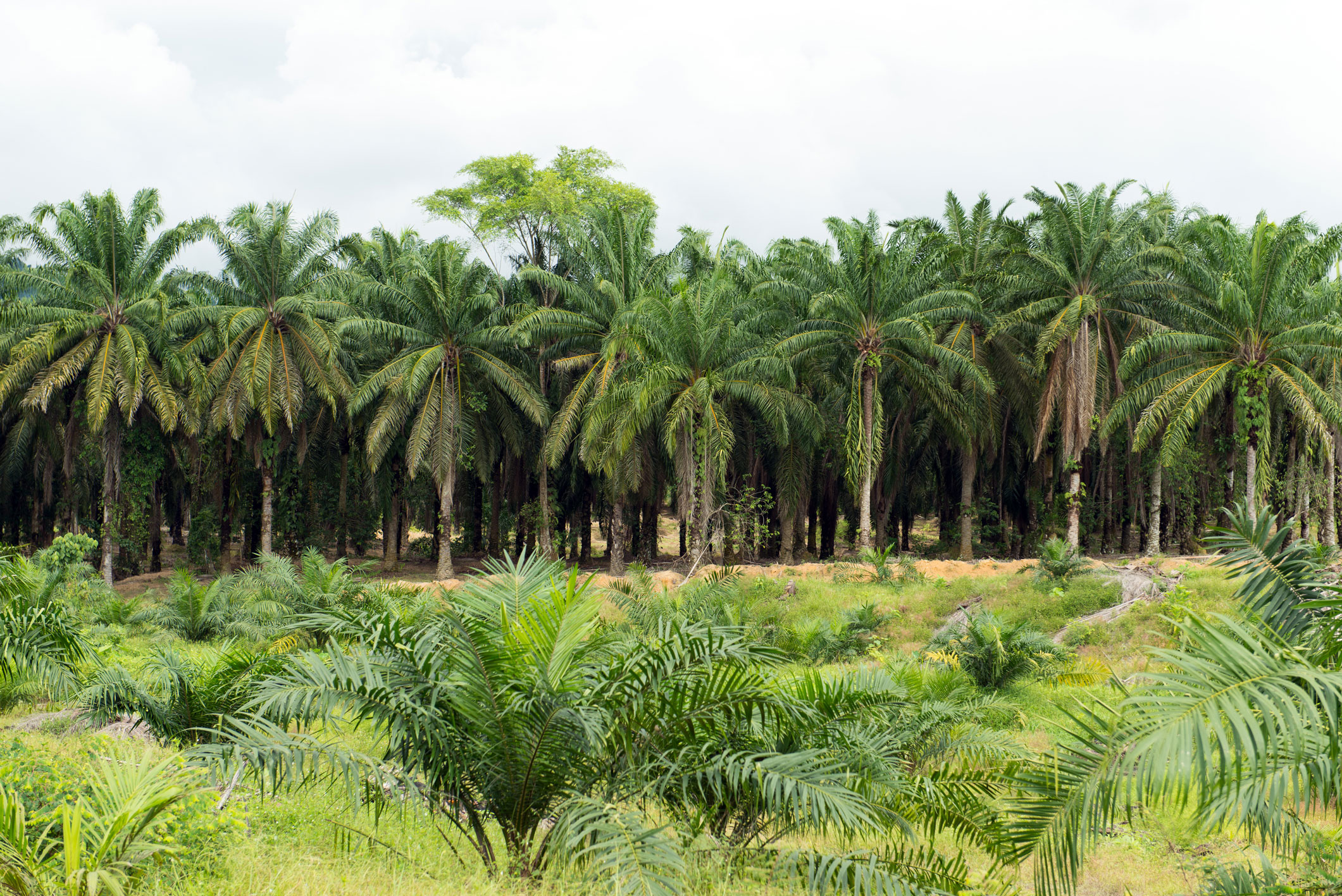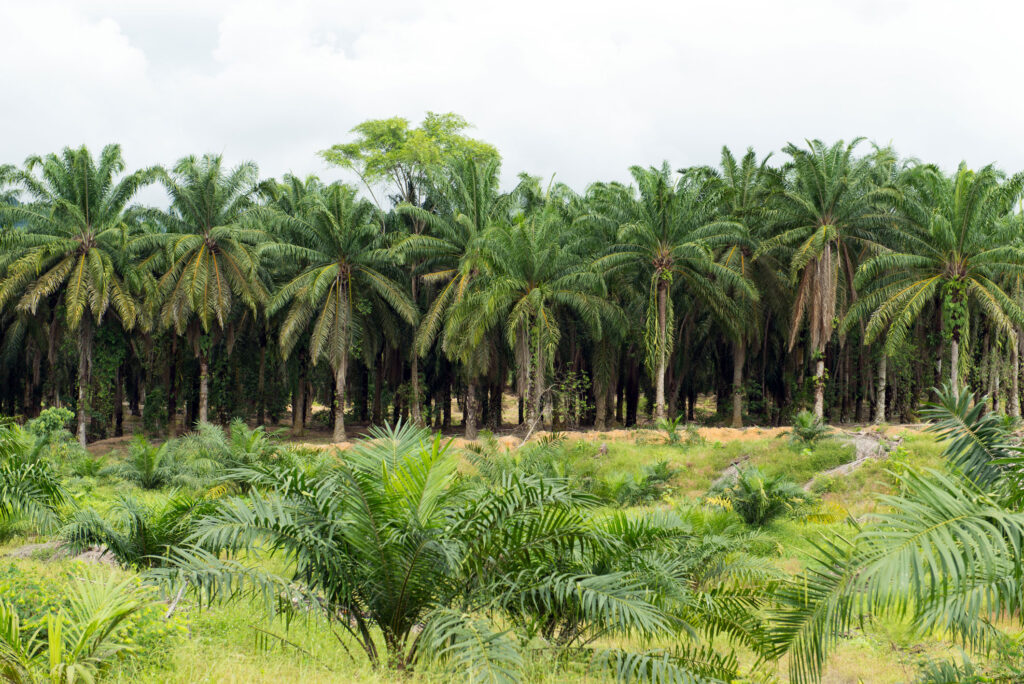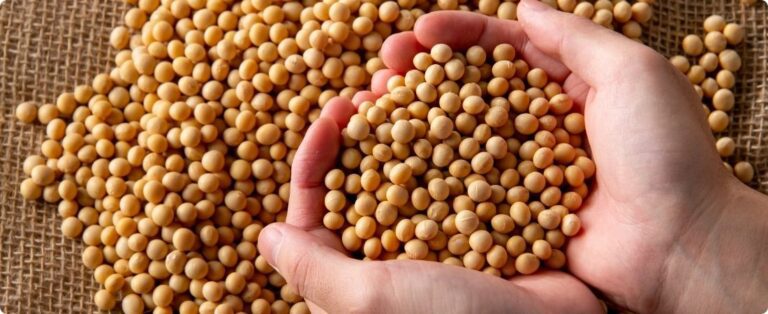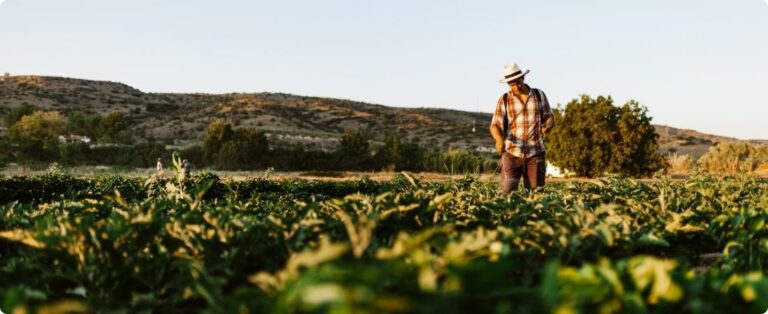
Image: AdobeStock
Oleochemical and palm oil operators are struggling to understand the ramifications of the new European Union (EU) deforestation regulation (EUDR), Argus Media reported.
The European Parliament (EP) voted to adopt the EUDR in a bid to fight climate change and biodiversity loss, the EP's news service reported on 19 April.
{module Form RD EN}
Under the new law, companies would need to ensure products sold in the EU had not led to deforestation and forest degradation, the report said.
Products covered by the new legislation are cattle, cocoa, coffee, palm oil, soyabeans and wood. The list also includes products that contain, have been fed with or have been made using these commodities (such as leather, chocolate and furniture), as in the original proposal.
During the negotiation period, rubber, charcoal, printed paper products and a number of palm oil derivatives were also added to the list, the report said.
While no country or commodity would be banned, companies would only be allowed to sell products in the EU if the supplier of the product had issued a so-called “due diligence” statement confirming that the product did not come from deforested land or had led to forest degradation, including of irreplaceable primary forests, after 31 December 2020.
Companies would also have to verify that these products complied with relevant legislation in the country of production, including on human rights, and that the rights of affected indigenous people had been respected, the EP said.
According to sources quoted by the 21 April Argus Media report, clarification is needed on the details of the new legislation and there are concerns that it could limit key feedstocks for oleochemicals production, and palm oil and derivatives imports to Europe.
Around 64% of these imports are from Malaysia and Indonesia, two of the countries which have traceability issues, according to the sources.
The regulation requires mandatory due diligence from operators and traders selling and importing palm oil and derivatives, including glycerine with over 95% purity, oleic, stearic and palmitic fatty acids and industrial fatty alcohols.
One palm oil importer was quoted as saying some of the products included in the regulation were surprising and clarification was needed.
“Palm oil needs to be compliant with the regulation of each country in Europe, and there are other things that need to be clarified, such as traceability from smallholders, which is defined in Europe as farming four hectares, while Indonesia defines that as 10ha, ” the importer told Argus Media.
Although supporting measures to address climate change and regulatory intervention at the EU level, the European Oleochemicals and Allied Products Group (APAG) and the European Committee of Organic Surfactants and their Intermediates (Cesio) said they had concerns with the new regulation.
“The provision to supply geo-location co-ordinates back to plot-of-land creates a barrier in including smallholders in the EU palm oil supply chain,” they said in a joint statement. “Smallholders represent 40% of palm oil production in southeast Asia and are therefore a crucial player in the palm oil value chain.”
Excluding smallholders from the EU supply chain “would shift palm oil and other commodities to countries with weaker environmental regulations, resulting in shifting deforestation to other regions,” according to the organizations quoted.
Following approval by EU ministers, the legislation's implementation would assign a “standard” risk level to all countries and the European Commission (EC) would then benchmark countries within 18 months, the Argus Media report said.
The law states 9% of operators and traders would be subject to checks if importing products from “high-risk” countries.
Once the text of the new legislation has been formally endorsed, it will then be published in the EU Official Journal and take effect 20 days later.
The UN Food and Agriculture Organization (FAO) estimates that 420M ha of forest — an area larger than the EU — were converted from forests to agricultural use between 1990 and 2020. EU consumption represents around 10% of global deforestation.
{module Read More}
















